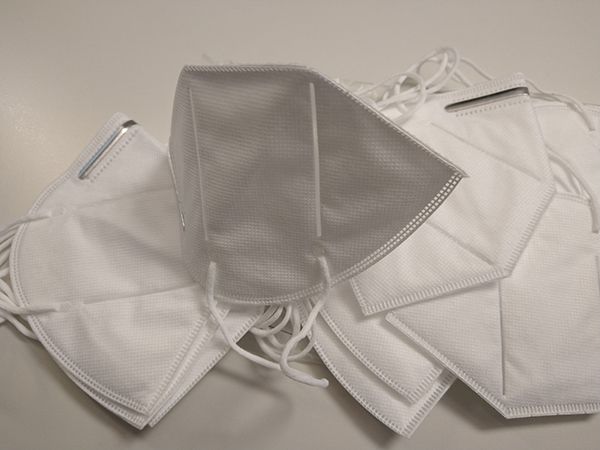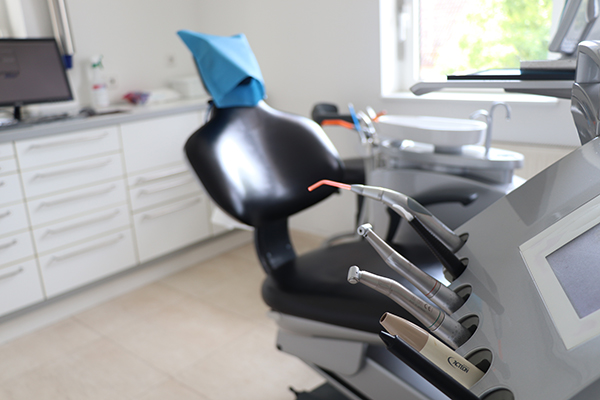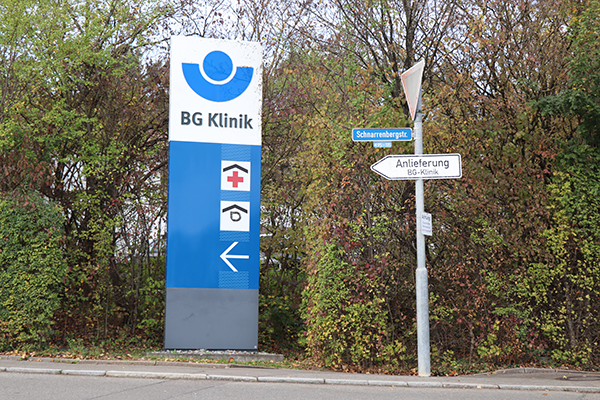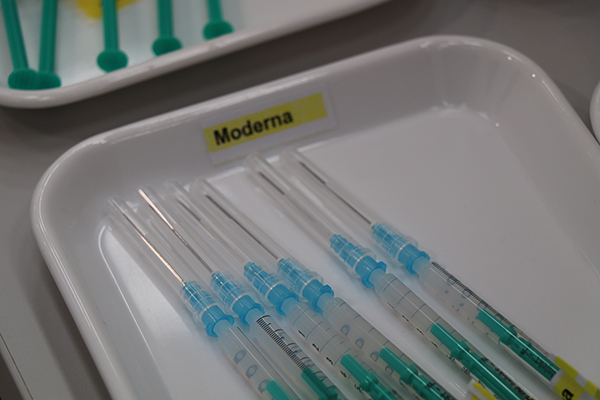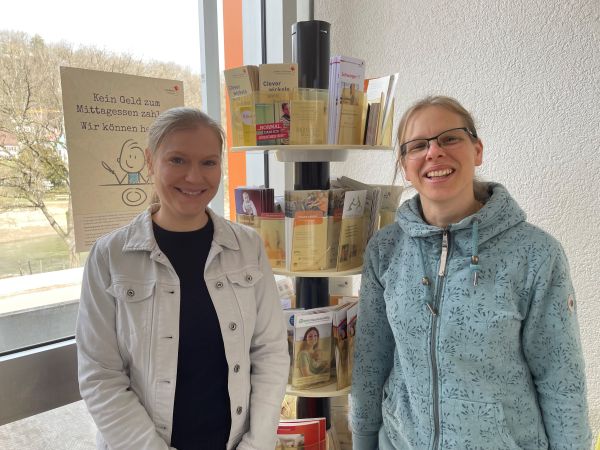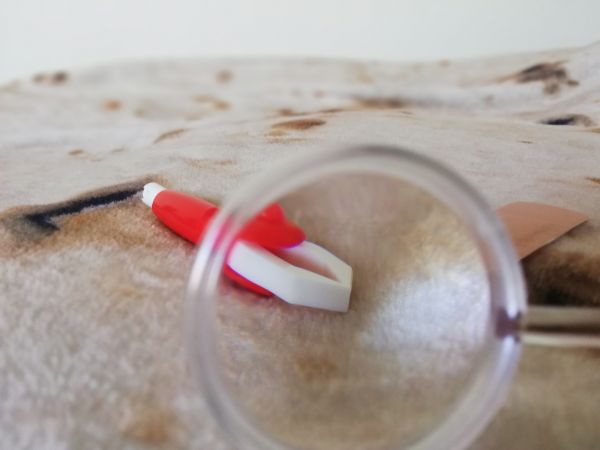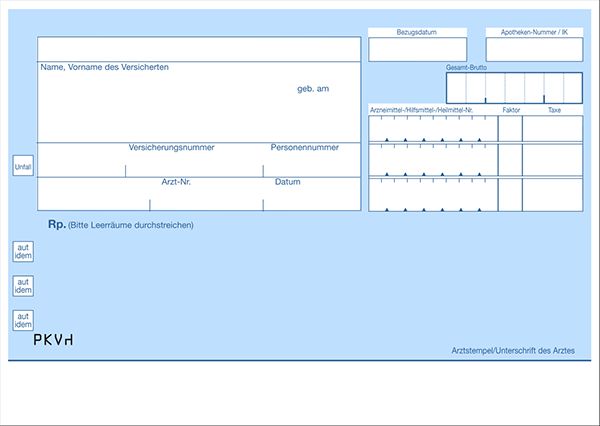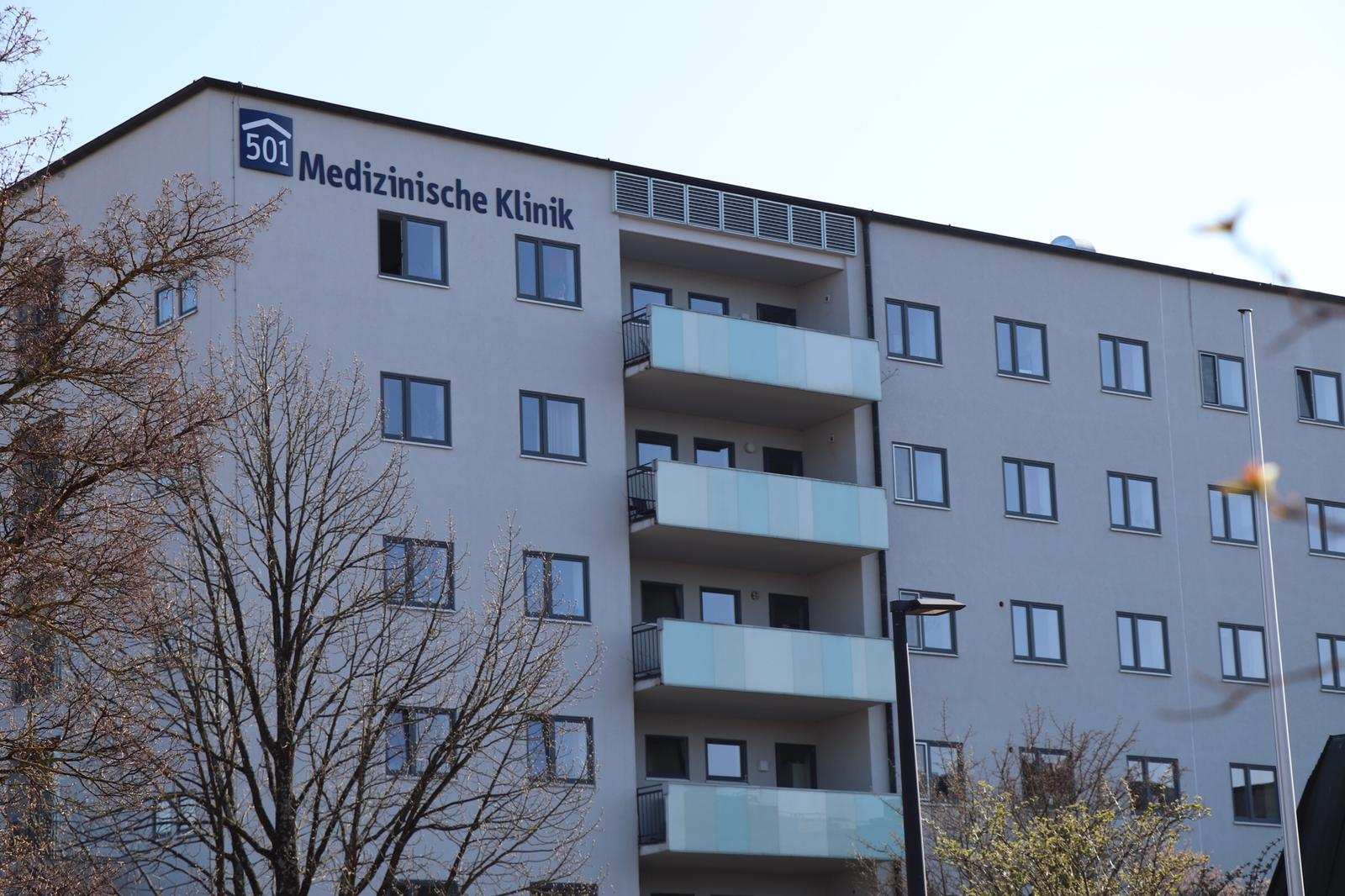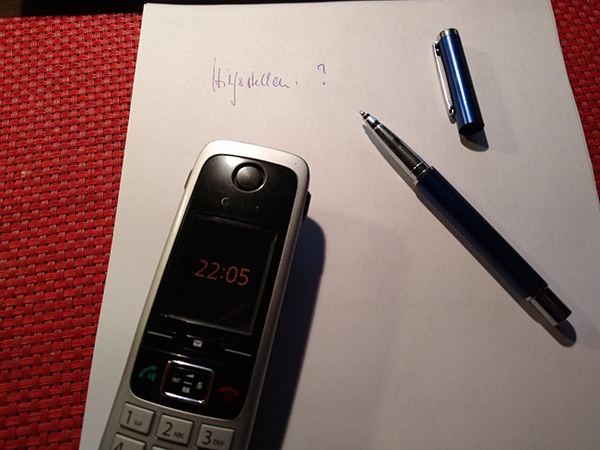In spring, many people clean their homes thoroughly and work in the garden. But they should be careful, especially from April to September. This is because the district of Tübingen is also a risk area for hantaviruses. The pathogens can cause serious illnesses. Hantaviruses can be found in enclosed spaces where mice may be present, such as sheds, garages, cellars or attics, but also in the garden. Hantaviruses are excreted by bank voles via urine and faeces. Infections can occur when dust is inhaled or food contaminated with the viruses is eaten. However, the viruses are not transmitted from person… Read More
Category: 8-HEALTH -ENG
Breastfeeding women and teeth
Breastfeeding women also benefit from various health insurance advantages when it comes to their dental health. Good dental health is particularly important during breastfeeding, as hormonal changes can increase the risk of dental problems. Many health insurance companies recognize this and offer special benefits and support for breastfeeding women with regard to their teeth. A major benefit is the coverage of dental examinations and treatments. Many health insurance companies will reimburse the cost of regular dental check-ups while breastfeeding. This enables women to keep an eye on their dental health and identify potential problems at an early stage. In addition,… Read More
Help with (work) accidents
A fall on your bike on the way to work, a mishap during sports lessons at school or an allergy to a certain substance at work: these are all cases for the employers’ liability insurance association (BG). They are the statutory accident insurance institutions and are therefore responsible for work and commuting accidents as well as occupational illnesses. The BG ensures that the person concerned receives good medical care and, in serious cases, rehabilitation and financial support. There are employers’ liability insurance associations for various sectors of the private sector. In the public sector, the accident insurance funds or the… Read More
Compulsory measles vaccination: Refusers face a fine
Parents who send their children to school without a measles vaccination or without having survived a measles infection are threatened with a fine of 200 euros in the district of Tübingen. This was confirmed by the press spokeswoman of the district office at the request of Tünews International. “We are currently in the process of initiating the first fine proceedings,” says spokesperson Martina Guizetti. Most recently, there were still 268 open cases in the entire district. However, the majority of the 1351 reports to the public health department, which came from daycare centers, schools, medical facilities or collective accommodation, have… Read More
The aim of “early help”: The child should be well
By Ute Kaiser Becoming and being a parent is challenging—especially when your family lives far away. What to do when the baby is constantly crying? What if there’s not enough breast milk? Do we handle the ventilator correctly with premature babies? Why does the second child speak much later than the older brother? What is the best way to support our child with a disability? Or: How can we manage the stressful everyday life as a couple? Questions like these unsettle parents of children between the ages of 0 and 3. Support is provided by a team of social education… Read More
Fasting in Ramadan: abstain in case of serious illness
Muslims all over the world fast from sunrise to sunset during Ramadan. But what should they do if they fall seriously ill, have an accident or need an operation during this time? At Tübingen University Hospital, they can seek advice from the Muslim chaplaincy team, which is coordinated by Muslim chaplain Hazem Elgafari. Elgafari points out that vital medication must also be taken during the fasting period at the times specified by the doctors—fasting can be made up for. In Islam, the Koran prescribes keeping the body healthy. That is why there are also exceptions to the fasting requirement: for… Read More
Ticks are already lurking for victims
Ticks benefit from mild temperatures in winter. This is why the bloodsuckers are already active early this year. “There are already the first infections,” parasitologist Ute Mackenstedt from the University of Hohenheim told Südwestrundfunk (SWR). Baden-Württemberg is a tick risk area. Many people here become infected through tick bites. The parasites like to sit in tall grass, bushes, gardens or in the forest and lie in wait for their victims. Experts advise people to protect themselves from tick bites by wearing long, closed clothing and sturdy shoes. Anti-tick sprays are also available. Anyone who has been out and about in… Read More
Medication now on e-prescription
The old pink prescription from the doctor’s surgery has had its day: at the beginning of the new year, it will be replaced by the e-prescription. People with statutory health insurance can then simply go to the nearest pharmacy with their insurance card and pick up the medication prescribed by their doctor. The co-payment rules will not change. The e-prescription can also be redeemed in online pharmacies. Further information can be found on the homepage of the Federal Ministry of Health: https://www.bundesgesundheitsministerium.de/e-rezept In the doctor’s surgery, e-prescriptions are created digitally, signed and stored on a central system. At the pharmacy,… Read More
Requesting children’s sick days by telephone
Since mid-December, parents have been able to ask their doctor to confirm by telephone that they need to look after a sick child at home. This was agreed by the National Association of Statutory Health Insurance Funds (GKV) and the Federal Association of Statutory Health Insurance Physicians (KBV), as reported by the “Ärzteblatt”. The certificate is valid for a maximum of five days. The prerequisite is that the doctor knows the child and considers the sick note by telephone to be justified. A visit to the doctor’s office is therefore no longer necessary. The certificate is the prerequisite for the… Read More
Sick notes by phone again
Patients with mild symptoms can take sick leave without going to a doctor’s surgery. However, unlike during the coronavirus pandemic, sick leave by phone is only valid for five days. The prerequisites are that patients do not have severe symptoms, the patients are known to the doctor’s surgery and there are no video consultations. This was decided by the joint federal committee of doctors, health insurance companies and clinics. Patients should call the practice. A doctor will call them back and clarify whether they need to come to the practice for an examination after all. Patients must inform their employer… Read More

